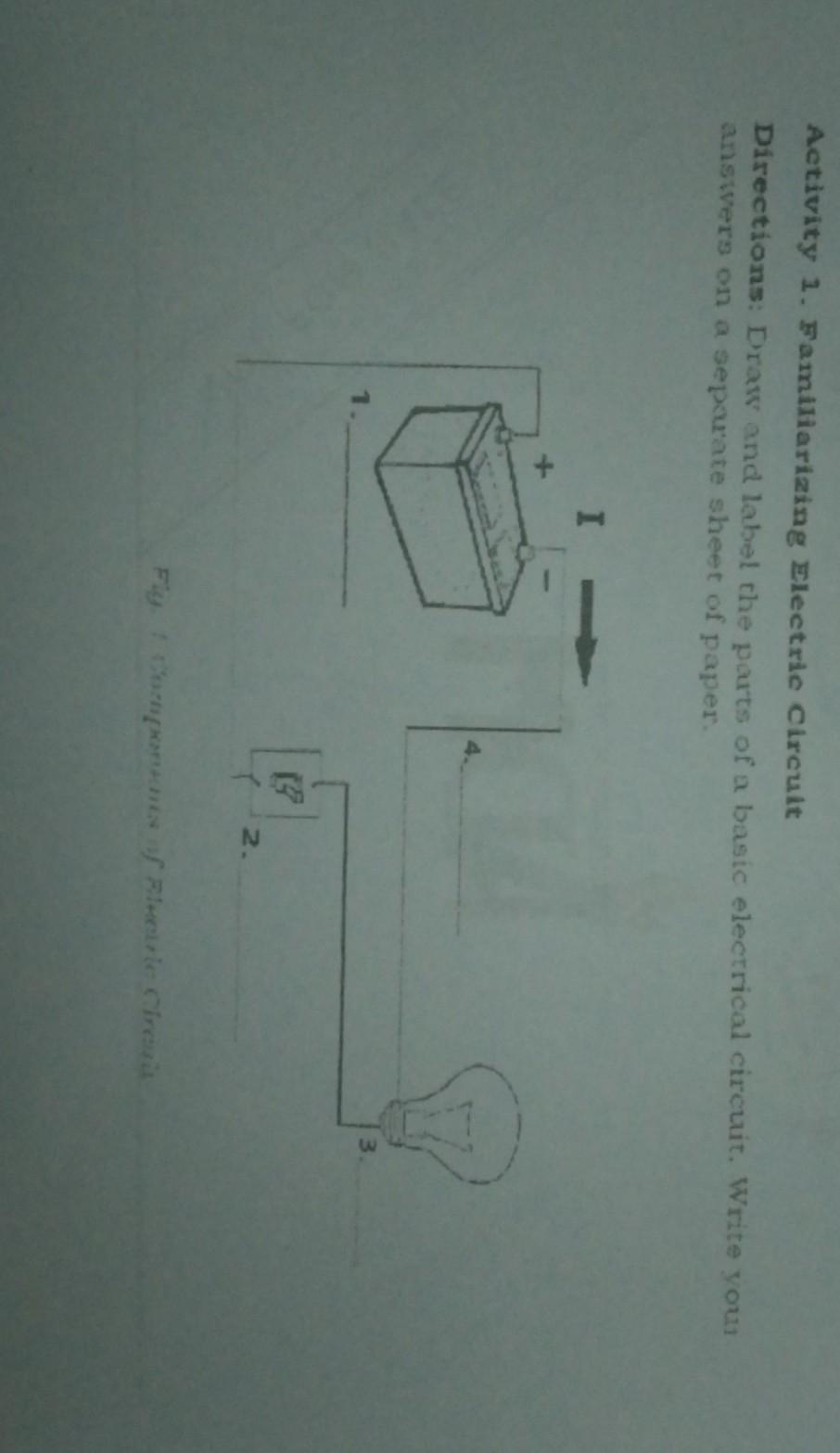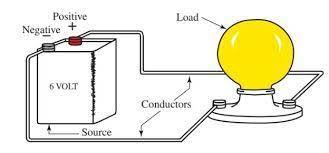4. What type of mechanical weathering occurs when freezing of water and repealed thawing in cracks of rocks? A abrasion B. frost wedging C oxidation D. solution 5. Which of the following does NOT cause chemical changes in the composition of rocks? A abrasion B. dissolution C.hydrolysis D. oxidation 6. What type of weathering is exhibited when the rocks are fractured, cracked, and broken down into small pieces? A chemical weathering C. physical weathering B. oddation D. pressure change 7. Which of the following is an example of oxidation? A rusting of iron C. feldspar decomposes to form clay B. halite dissolves in water D. stalactites and stalagmites formabon 8. During partial melting, which of the following minerals melt last? A biotite B. quartz C. feldspar D. none of the above 9. What are the two most abundant elements in magma? A. oxygen and magnesium C. silicon and oxygen B. silicon and aluminum D. oxygen and iron 10. What will happen to the temperature of rocks during partial melting? A decreases C. remains the same B. increases D. all of the above 11. During partial melting of magma, where does heat transfer take place? A convergent boundary C. subduction zone B. mid-ocean ridge D. all of the above
Answers 1
Answer:
4. B ( frost wedging.)
5. A ( abrasion is part of Physical weathering.)
6. C ( Physical weathering, also known called Mechanical weathering.)
7. A ( oxidation type of weathering is rust formation.)
8. D (should be olivine)
9. C ( oxygen and silicone)
10. B (increases)
11. D ( all of the above.) ( it take place to plate tectonics, subduction zones, mid ocean ridges and hot spots.)
-
Author:
cha chahudson
-
Rate an answer:
9
Do you know the answer? Add it here!
Choose a language and a region
How much to ban the user?
1 hour
1 day
100 years


